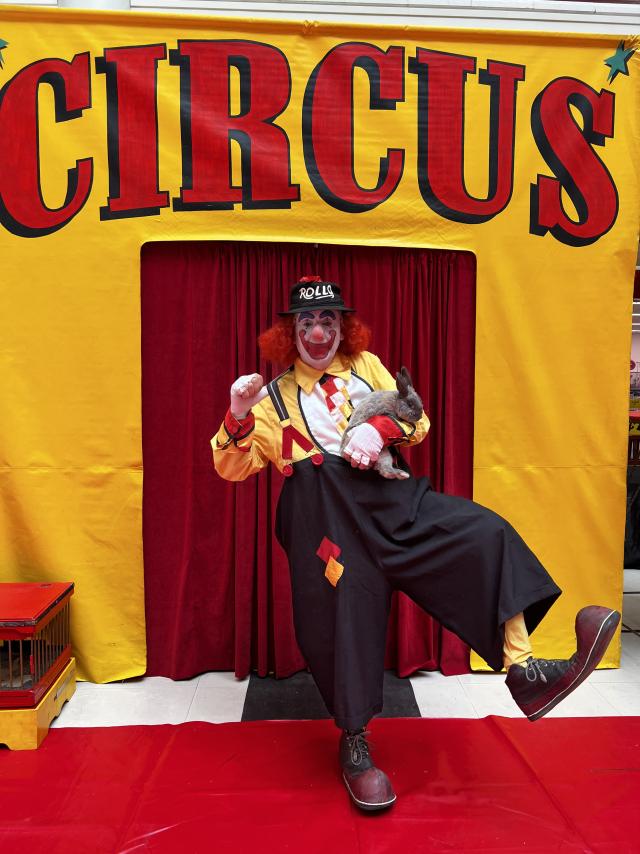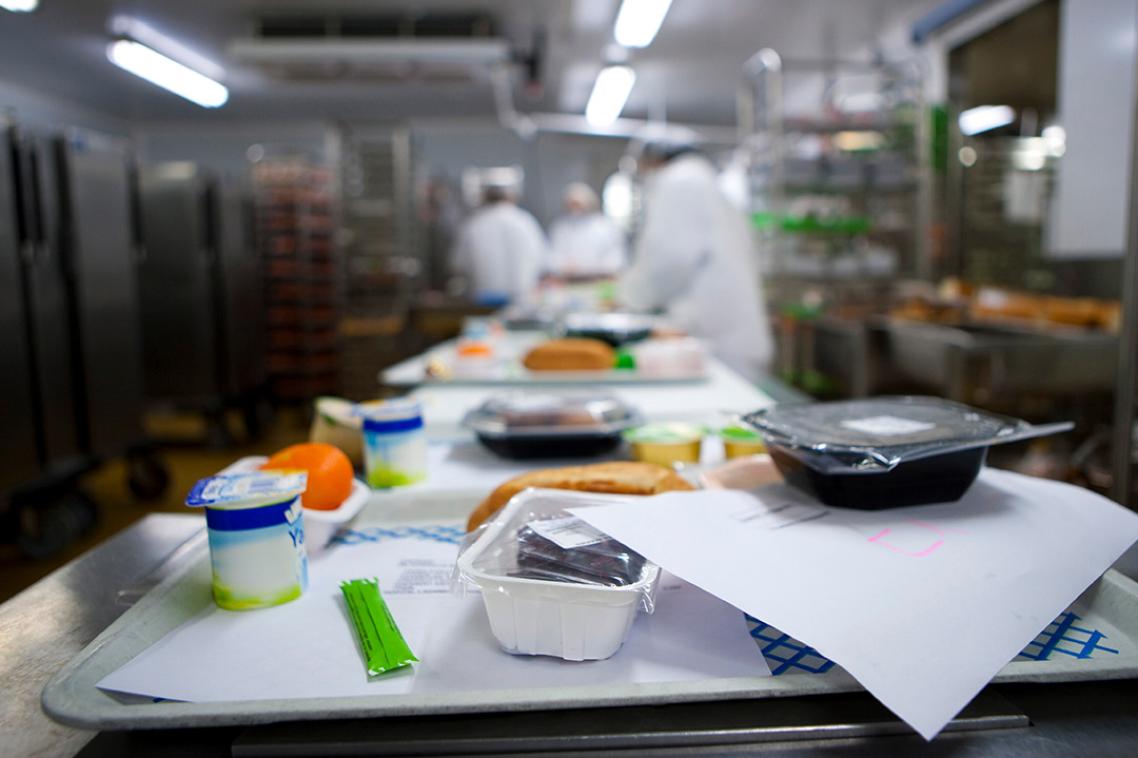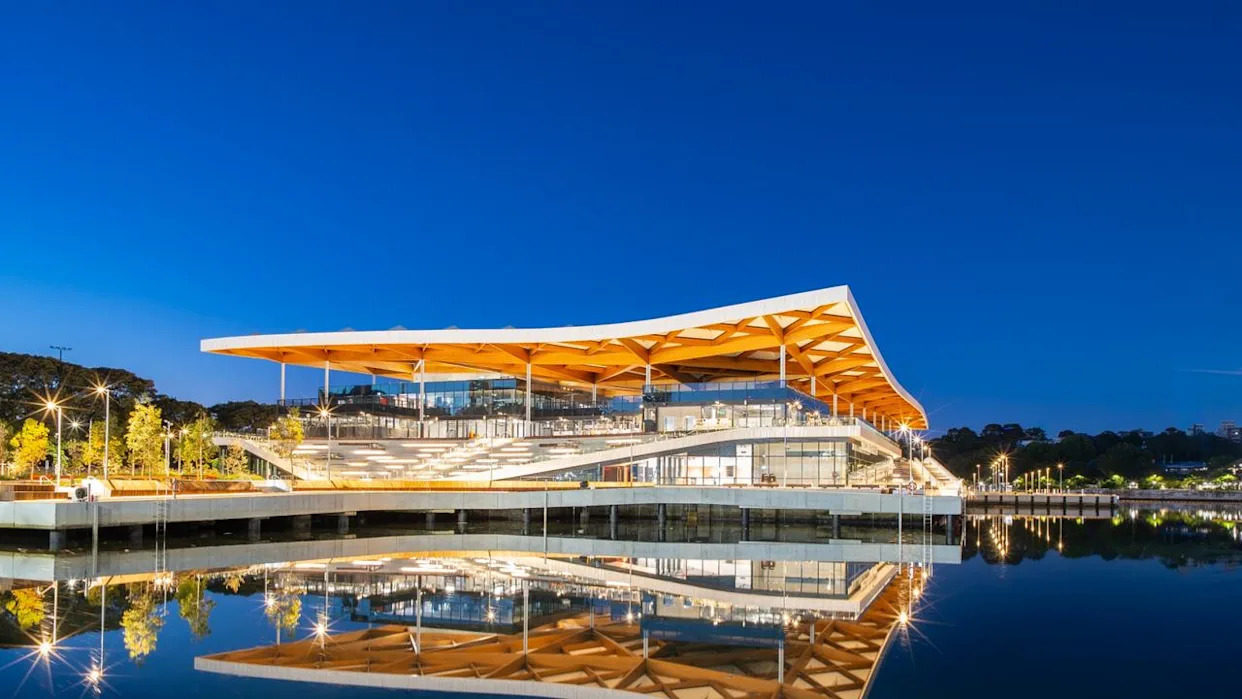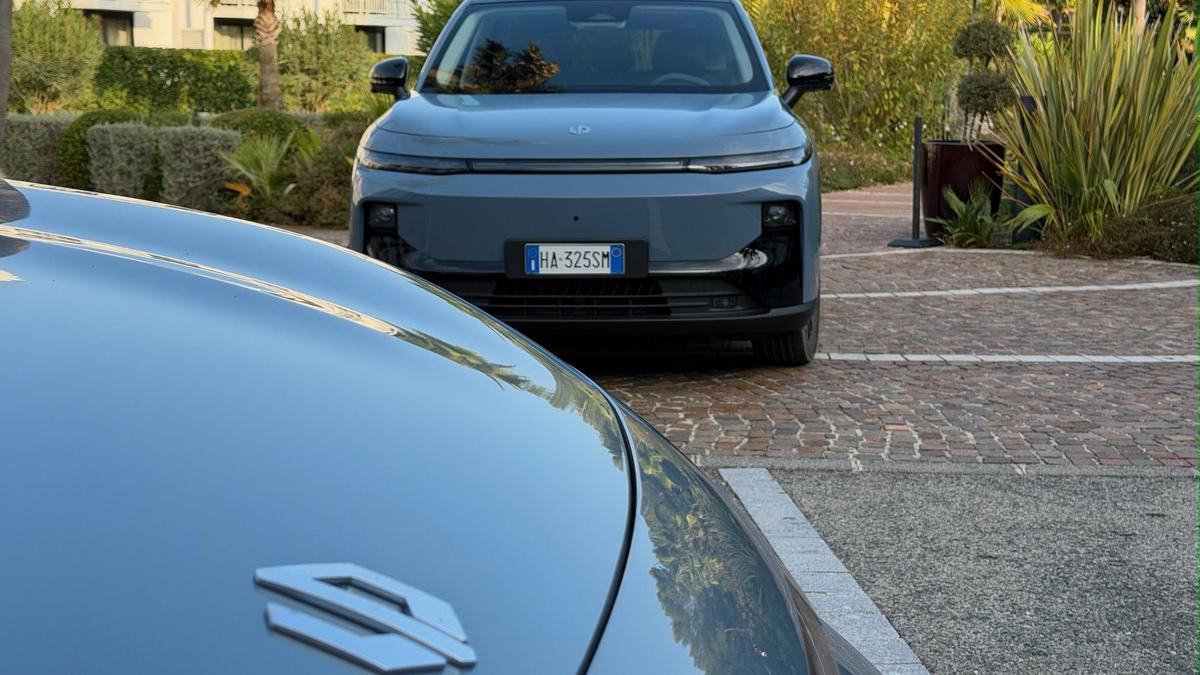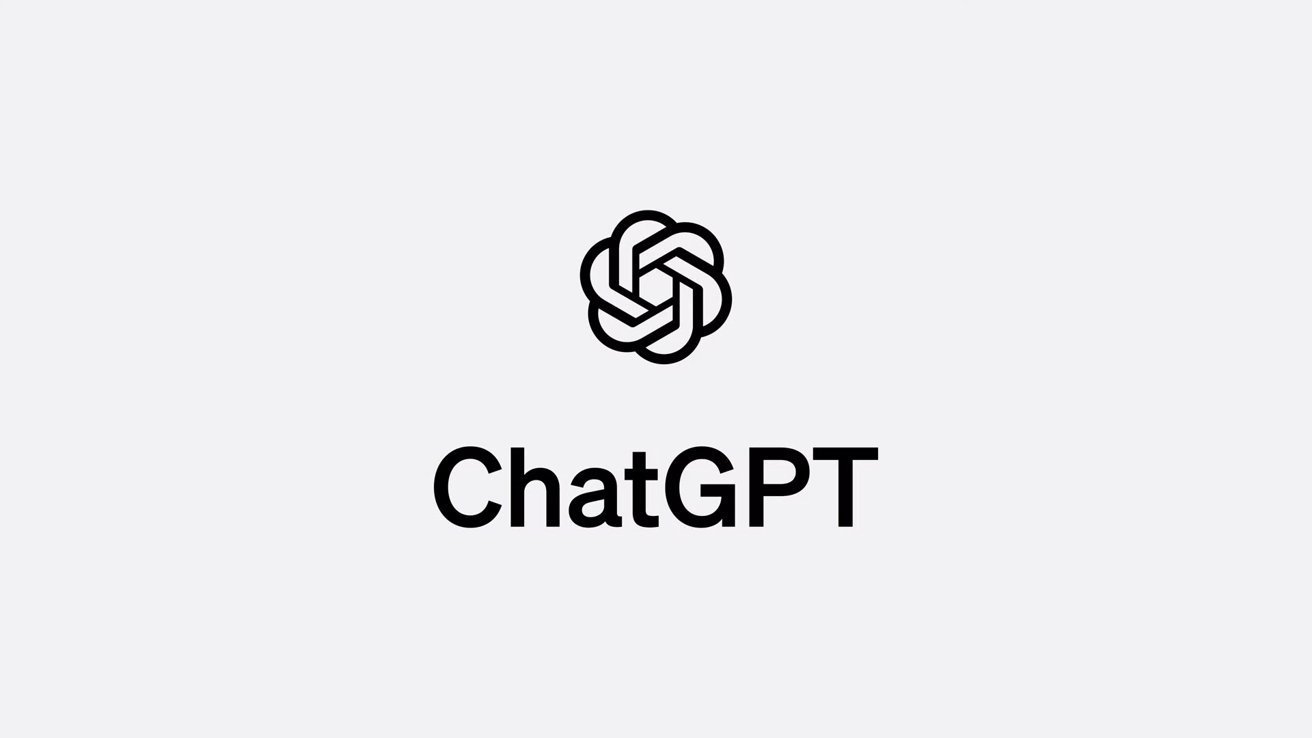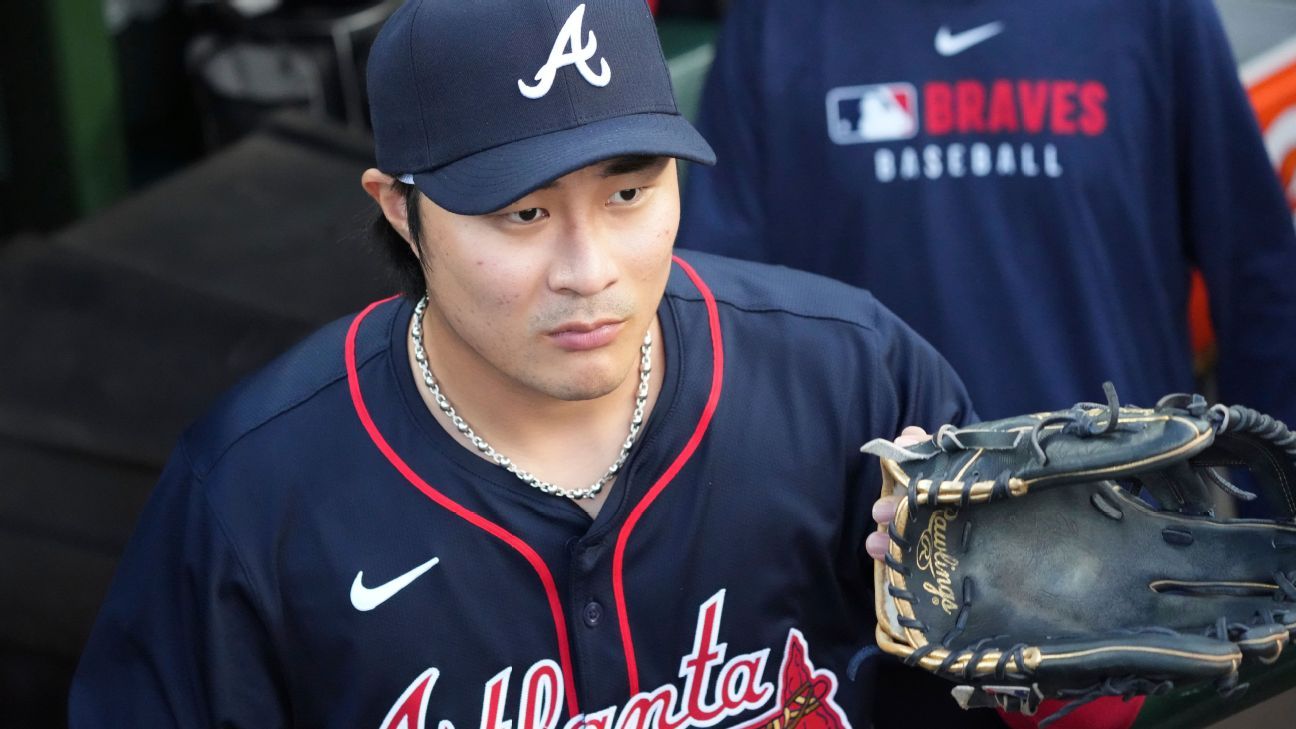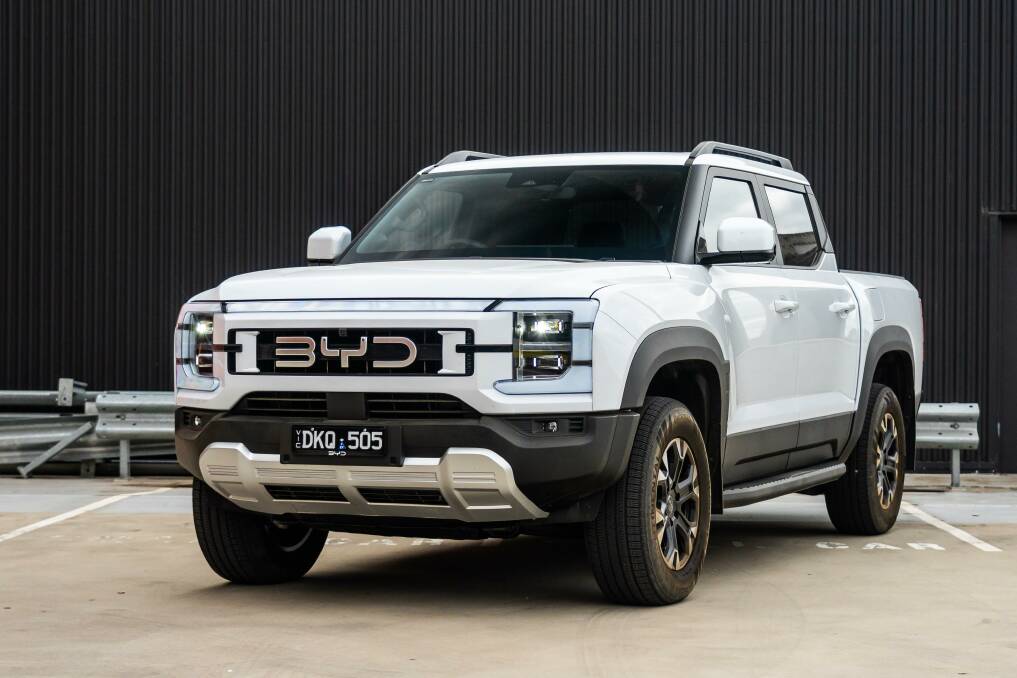
Chinese automaker BYD is experiencing a significant shift in demand within the Australian market, with an increasing focus on plug-in hybrid electric vehicles (PHEVs). Initially launched as an all-electric vehicle brand, BYD has seen its PHEV models capture approximately 60 percent of its sales, according to Stephen Collins, chief operating officer of BYD Australia. This trend is largely attributed to the popularity of the Shark 6, a dual-cab PHEV ute.
Collins stated, “If you take the holistic business, the last number I saw was about 60 percent plug-in hybrid, but a lot of that this year has been driven by [the] Shark.” The Shark 6 has proved to be a strong performer, alongside the Sealion 7, which has emerged as the leading electric vehicle (EV) for BYD in recent months, particularly appealing to customers seeking novated leasing options.
Sales Dynamics and Future Strategy
The sales landscape is influencing BYD’s future model strategy, as noted by Sadid Hasan, chief product officer at BYD Australia. He emphasized that the current sales mix, along with changing market conditions, is steering the company toward a greater emphasis on PHEVs. “I think what we’ll see in the short-term is more of an emphasis in rolling out plug-in hybrids, but we’ll continue to add EVs along the way,” Hasan remarked.
This strategy is reflected in BYD’s upcoming product launches. Of the six new models scheduled for release under the BYD and Denza premium brands between November 2023 and early 2026, four will be PHEVs. The new models include the BYD-branded Sealion 5 and Sealion 8, as well as the larger Denza B5 and B8, all designed to expand BYD’s presence in the Australian market.
In addition, BYD plans to introduce the Atto 1 electric hatchback and the Atto 2 small electric SUV within the next month. These models will complement the existing lineup and cater to a wider audience.
Market Performance and Future Aspirations
BYD’s impact on the Australian automotive market has been notable, as evidenced by its recent performance. The company finished sixth overall in August and September 2023, with 5,084 registrations, marking an increase of 178.4 percent year-on-year. Currently, BYD ranks eighth year-to-date, with a remarkable increase of 149.8 percent compared to the previous year.
The Shark 6 remains BYD’s top seller for 2023, with 14,111 deliveries by September. Close behind is the Sealion 7, which has recorded 8,483 units sold and has been competing closely with the popular Tesla Model Y in the race for Australia’s favorite EV. The third most popular model is the plug-in hybrid Sealion 6, which has found 6,793 new owners in its first full year on the market.
Should this upward sales momentum continue, BYD aims to establish itself as a top-three automotive brand in Australia by the end of 2026. The company seeks to surpass established competitors such as Kia, Mazda, and Hyundai, as well as other Chinese brands like GWM, MG, and Chery. This ambition reflects BYD’s strategy to transition from a “new challenger brand” to a “mainstream player” in the automotive sector.
As BYD continues to innovate and adapt to market preferences, all eyes will be on its forthcoming models and sales performance in the competitive landscape of the Australian automotive market.
